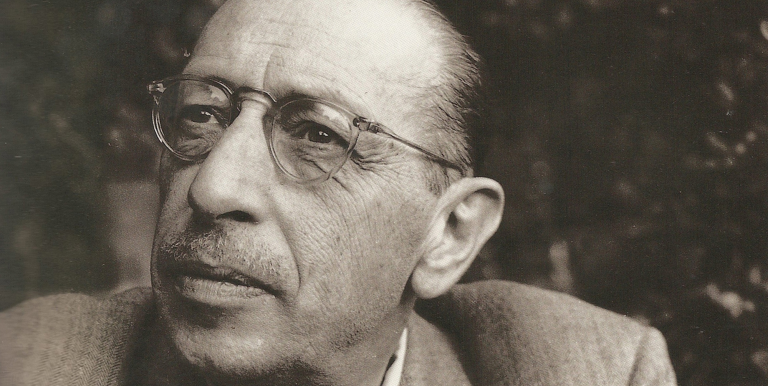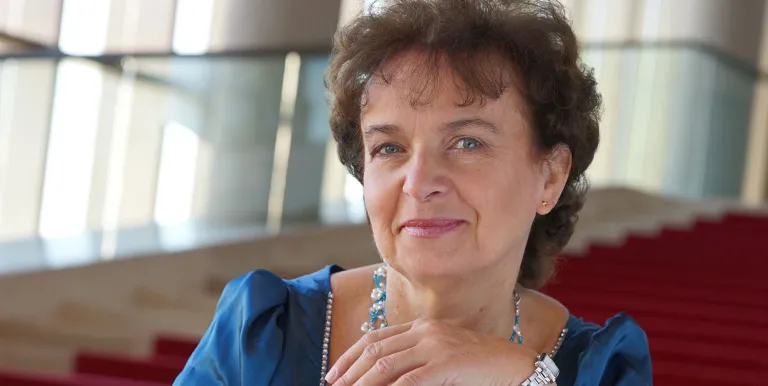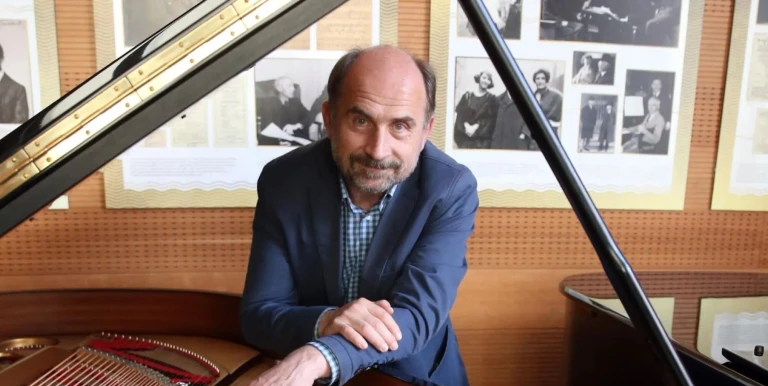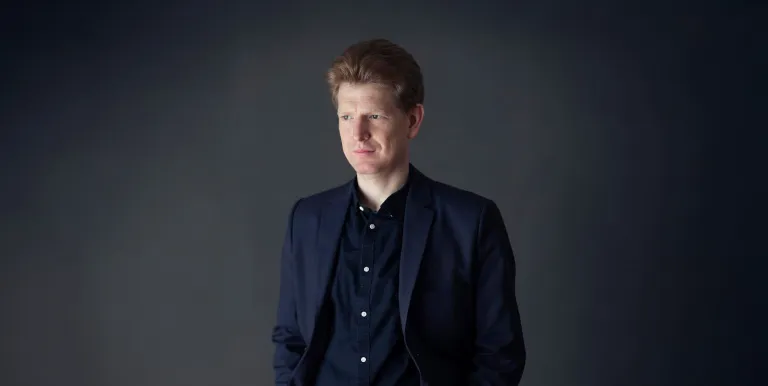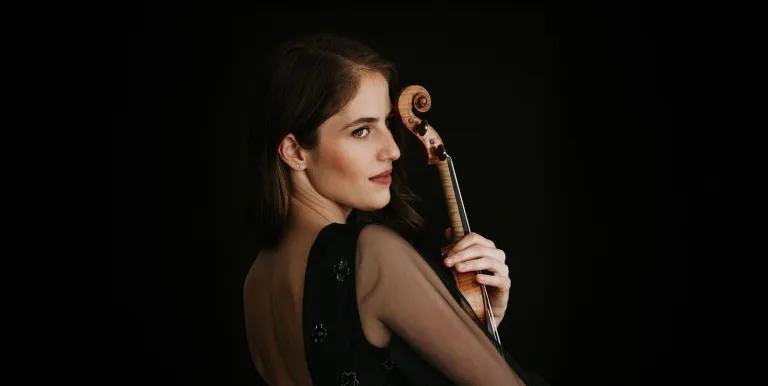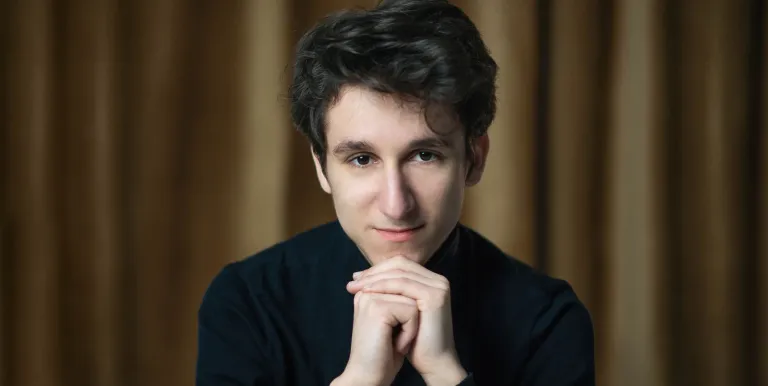Conductor:
Featuring:
Stravinsky
Violin concerto
Stravinsky
Song of the Nightingale (Le chant du rossignol)
In the summer of 1931, after finishing the Symphony of Psalms, Stravinsky composed his only violin concerto, commissioned by the violinist Samuel Dushkin. The creative collaboration of the virtuoso performer and the composer is not uncommon when it comes to concerti. This time it was Dushkin who assisted Stravinsky in overcoming the technical problems of the violin part. The composer received his first encouragement from the music publisher Schott of Mainz: the head of the publishing house, Willy Stecker, suggested that the composer write a concerto for the gifted young American violinist of Polish descent, Samuel Dushkin. We know from Stravinsky himself that at first he was unwilling to compose the piece, as he didn’t know Dushkin and hadn’t heard him play. He was worried that he couldn’t play the instrument himself and had never composed a substantial piece for the violin. Eventually Stravinsky and Dushkin met in the beginning of 1931 and talked it over. Dushkin premiered the concerto on Berlin Radio in 1931, under the direction of the composer. Later, music from the concerto was used in Georges Balanchine’s ballet Balustrade, which was first performed in the 1940–1941 season by de Basil’s ballet ensemble in New York.
The suite Le chant du rossignol (Song of the Nightingale) was written after the sensational appearance of Le Sacre du Printemps. This was the time when the composer, earlier a follower of Rimsky-Korsakov, found his own, new, revolutionary musical tongue and broke loose from his master. This change is well illustrated by his opera The Nightingale, the first act of which was composed in 1908–1909, whereas the second and third were realised in 1914. It was premiered in 1914, just weeks before the outbreak of World War I. (The compositional work was broken off owing to Stravinsky’s meeting with Diaghilev, director of the Ballets Russes, for whom he composed his three epoch-making ballets, The Firebird, Petroushka and Sacre.)
When, after a five-year break, Stravinsky returned to The Nightingale, he wasn’t the same composer as he had been before. The three acts of The Nightingale last only 45 minutes. It is probably due to its brevity and the stylistic divergence of the acts that the opera has never become part of the standard opera repertory. This fact made Diaghilev’s proposition to produce a ballet version of the play even more attractive to the composer. This is how Le chant du rossignol (Song of the Nightingale) came into being, mainly relying upon material from the later, second and third, acts of the opera. Following Diaghilev’s initiative, the sets, curtain and costumes of the ballet were painted by Henri Matisse. Stravinsky, famous for his sharp tongue, said: “Diaghilev expected Matisse to produce something very Chinese and charming, yet all he did was copying the china as it is seen in the shops of the rue de la Boëtie.”
- Tickets of each of the 50 minute concerts are 990 HUF, anyone purchasing three tickets is entitled to enter the fourth free of charge. So the cost of attending all 11 concerts is 8910 HUF instead of 10890 HUF.
Presented by: Budapest Festival Orchestra, Palace of Arts
-
We wish to inform you that in the event that Müpa Budapest's underground garage and outdoor car park are operating at full capacity, it is advisable to plan for increased waiting times when you arrive. In order to avoid this, we recommend that you depart for our events in time, so that you you can find the ideal parking spot quickly and smoothly and arrive for our performance in comfort. The Müpa Budapest underground garage gates will be operated by an automatic number plate recognition system. Parking is free of charge for visitors with tickets to any of our paid performances on that given day. The detailed parking policy of Müpa Budapest is available here.

